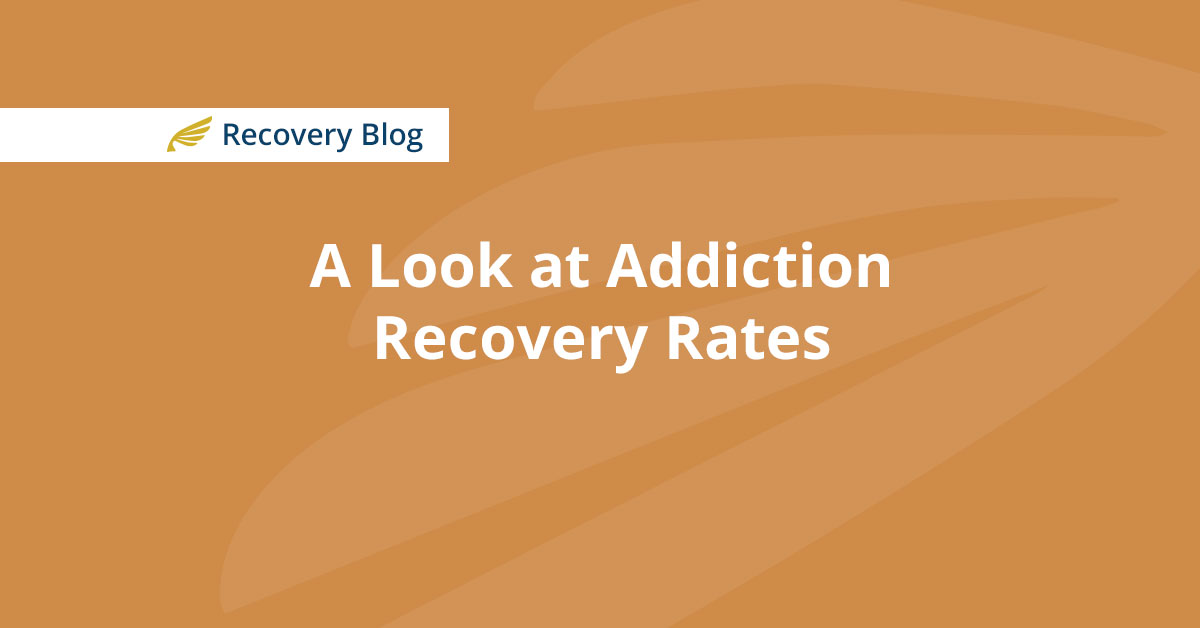The Relationship Between Alcohol and Stress
After a long day, there is nothing more relaxing than having a few drinks to help you unwind,...

Research into addiction rates is mixed, and long-term success rates vary greatly according to several factors. Availability of treatment programs, matching therapy type to individual needs, addressing mental health in addition to the addiction, and length of time can all play a critical role in in achieving positive outcomes in recovery.
Based on current studies, here are some addiction recovery facts:
 Reading about slips and relapses in recovery can be discouraging for people who are ready to make the change for a sober future, but it’s important to remember that change takes time.
Reading about slips and relapses in recovery can be discouraging for people who are ready to make the change for a sober future, but it’s important to remember that change takes time.
"Treatment of chronic diseases involves changing deeply embedded behaviors, and relapse does not mean treatment has failed. For a person recovering from addiction, lapsing back to drug use indicates that treatment needs to be reinstated or adjusted, or that another treatment should be tried." – National Institute of Drug Abuse
For a recovery that sticks, five years seems to be the magic number. Researchers have found that 40% of those in recovery had relapsed after two years of sobriety, but slips and relapses were reported less that 15% of the time after five years of abstinence. After five years of abstinence, a recovering alcoholic has approximately the same chances of lifetime relapse as a randomly selected member of the general US population has of experiencing alcoholism in the coming year.
No longer practicing the recovery steps is one of the highest indicators of a relapse. In short, if you keep working on your recovery it will keep working.
Committing to make the change for sobriety is a big step and it’s one that people often have a hard time maintaining. But the good news is that it can be done. Contact us today for a confidential, no obligations consultation.
After a long day, there is nothing more relaxing than having a few drinks to help you unwind,...
Relapses and slips are part of recovery, and not necessarily a sign that what you’re trying to do...
Nowadays, it’s almost impossible to ignore the constant bombardment of advertising day-in and...